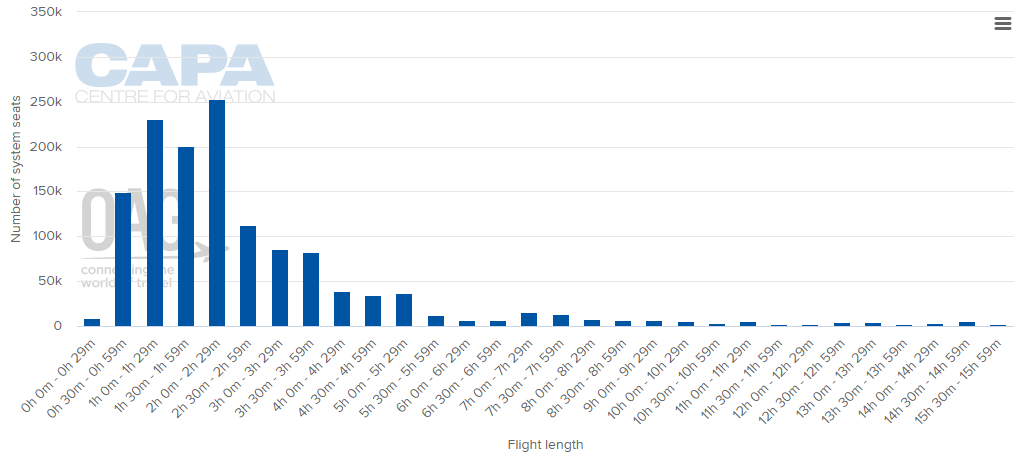United's corporate traffic plummeted 96% year-on-year in 2Q2020, the company is acknowledging the general consensus that business demand will recover slower than leisure traffic.
But United also concludes that while video conferencing is "a reasonable temporary measure…we do not expect it to replace meeting in person over the long term", according to company chief commercial officer Andrew Nocella.
"In fact, we have a hypothesis that more work from home employees may drive increased business travel over the medium term," Mr Nocella explained in a recent discussion with analysts and investors. Those employees could trade their "automobile commutes for less frequent commuting by airplane from a remote location", he stated.
However in the short term, Mr Nocella remarked that Untied will "make appropriate adjustments" to its network to reflect "less business traffic" by putting a higher proportion of its capacity into leisure and the visiting family and relatives markets.
United's CEO Scott Kirby also believes that business demand will start to revive; however the rebound in large conventions could take some time. "The small kind of group stuff will start to come back, but we're not going to have 180,000 people show up at Consumer Electronics [the Consumer Electronics Show] I Las Vegas this January like they did last January," Mr Kirby said. "Those kinds of meetings aren't just going to happen."
Even as business travel is essentially non-existent, United is seeing an ever-increasing rate of its premier members in the company's MileagePlus frequent flyer programme flying again. "…maybe not for business but for personal reasons. So they're getting back on an airplane", Mr Nocella said.
United's total revenue in 2Q2020 tumbled -87% year-on-year in what was described as its most difficult financial quarter in its 94-year history. Adjusted net losses of USD2.6 billion were recorded and capacity dropped 87.8%. Cash burn averaged USD40 million per day during this period, and average daily cash burn for 3Q2020 is forecast at USD25 million, a period when consolidated system capacity is projected to be down 65% year-on-year.
Mr Nocella acknowledged that a recovery in demand that has stalled in recent weeks due to rising number of Covid-19 infections in the US will recover again "when new cases star to fall, quarantines are lifted and borders are reopened". But he explained United continues to believe "a full recovery is contingent upon effective therapeutics and a vaccine".
He concluded: "Our best guest is demand, as measured by revenue, will recover over time to be down approximately 50% and then plateau at that level until a vaccine is widely distributed."
CHART - The reduction in its long-haul flying means United's network is currently heavily weighted to shorter sector routes Source: CAPA -- Centre for Aviation and OAG (data: w/c 20-Jul-2020)
Source: CAPA -- Centre for Aviation and OAG (data: w/c 20-Jul-2020)
Meanwhile, United has announced it will maximise air flow volume onboard all mainline aircraft with HEPA filtration systems during the boarding and deplaning process, effective 27-Jul-2020. This new process is expected to further reduce the risk of spread of Covid-19.
Mr Kirby explained: "The quality of the air, combined with a strict mask policy and regularly disinfected surfaces, are the building blocks towards preventing the spread of Covid-19 on an airplane. We expect that air travel is not likely to get back to normal until we're closer to a widely administered vaccine - so we're in this for the long haul".